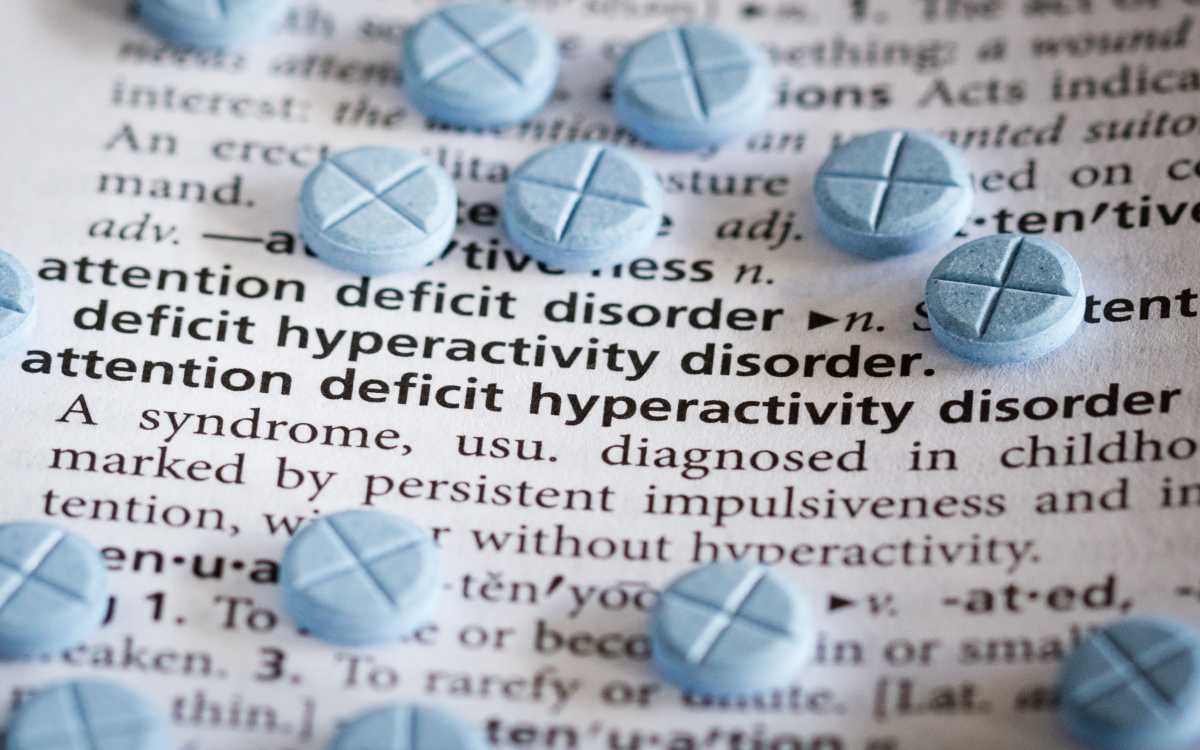In order to make the most of your life with attention-deficit/hyperactivity disorder (ADHD), there are a few different ways that you can begin the process of making changes to your lifestyle. These adjustments include of refraining from consuming stimulants, becoming a member of a support group, and making efforts to improve your diet and exercise routine.
ADHD Lifestyle Changes 1- Exercise
An exercise routine can help improve attention deficit hyperactivity disorder (ADHD) symptoms, including hyperactivity, impulsivity, and inattention. It is also a good way to relieve stress and boost mood.
Research has shown that a regular exercise routine can improve the body’s ability to produce certain key neurotransmitters essential for cognitive function. However, it is important to know that exercising for ADHD doesn’t replace medication. Instead, finding a healthy exercise routine that fits your lifestyle is important.
A study of a random sample of adults with ADHD and a control group of healthy people without ADHD found that a small amount of exercise can reduce hyperactivity, impulsivity, and inattention in people with ADHD. The benefits of exercise for ADHD may be greater in those who engage in a variety of exercises.
ADHD Lifestyle Changes 2- Diet
Diet and ADHD lifestyle changes are important parts of treatment. These include restful sleep, consistent exercise, mindfulness practices, and a nutritious diet. These strategies can help increase focus and decrease symptoms. Nevertheless, before making any dietary changes, it’s crucial to speak with your doctor.
Many children and adults with ADHD have low levels of key nutrients. Eating a balanced diet can reduce the risk of chronic diseases.
ADHD lifestyle changes; For a child with ADHD, cutting back on processed sugar is a good first step. Avoiding food that has artificial colors and preservatives is also important. ADHD symptoms can be reduced by eating a diet high in vitamins, minerals, and proteins.
Food allergies can cause problems for some kids with ADHD. A diet that includes only low allergenic potential foods may help these kids. The Feingold diet is one example of a diet that eliminates common food allergens.
RELATED ARTICLE: ADHD Testing
ADHD Lifestyle Changes 3- Medication
While medication may provide some relief from symptoms of ADHD, it is important to make lifestyle changes as well. These changes can help boost your mood, focus, and energy level.
One of the first steps to making these changes is to speak with a medical professional. They can advise on how to avoid side effects and help you learn more about the medications you’re taking. They can also offer you tips on diet and exercise to help you stay healthy.

Many adults with ADHD have trouble falling asleep. They also have a hard time remembering important details. These difficulties can make it difficult to complete tasks at work or school.
There are several medications for ADHD, but stimulants are the most common. These medications work by boosting dopamine levels in the brain. This in turn can lead to less hyperactive behaviors and better concentration.
Related Article: 7 Types of ADHD in Adults
ADHD Lifestyle Changes 4- Non-Stimulant Interventions
Non-stimulant interventions for ADHD can help people with the condition to maintain focus on preferred tasks and decrease the number of disruptive or impulsive behaviors. However, not all treatments are effective, and side effects can occur. Discuss any concerns with your health care provider.
Non-stimulant therapies include behavioral therapy, which is often effective in combination with medication. Psychoeducational programs can improve relationships and communication and help people learn to solve problems more effectively.
Other non-stimulant treatment options for ADHD include exercise, better sleep, and a healthier diet. A protein and whole grains diet can reduce blood sugar spikes and boost energy.
Exercise can also improve concentration and attention. It improves the brain’s ability to process information and helps elevate serotonin, norepinephrine, and dopamine levels.
Related Article: ADHD and Perfectionism
ADHD Lifestyle Changes 5- Support Groups
One of your best options if your child suffers from ADHD is to attend a support group. There are many available, both in person and online. It’s a great way to find others with similar experiences. It also helps you learn more about ADHD and how to handle it.
ADHD can be a tricky disorder to deal with. The symptoms may seem irratifonal, and you’ll have to be patient with a person who has ADHD. A good support group can encourage you and help you develop coping strategies.
You can also contact a psychiatrist or psychologist for professional help. They can help you and your child improve problem-solving skills and communication. They can also teach you new techniques to cope with ADHD.
Related Article: ADHD Schools NYC
